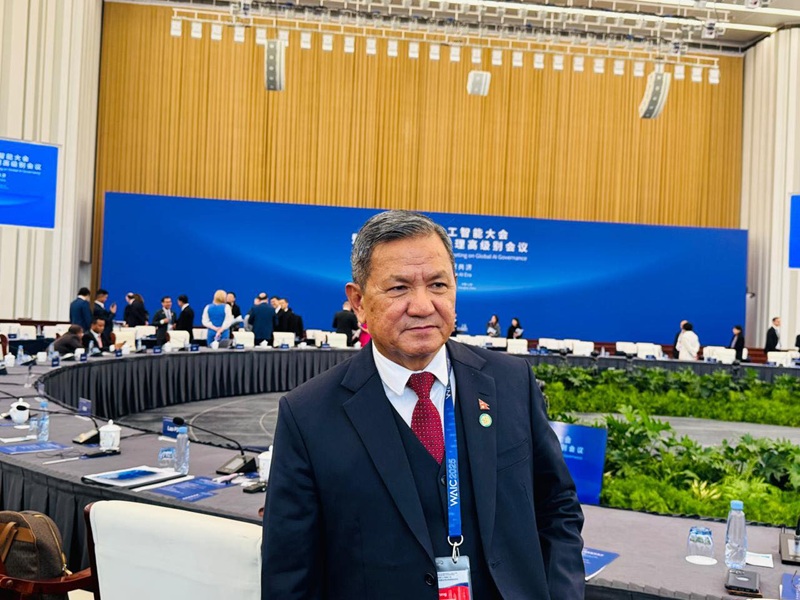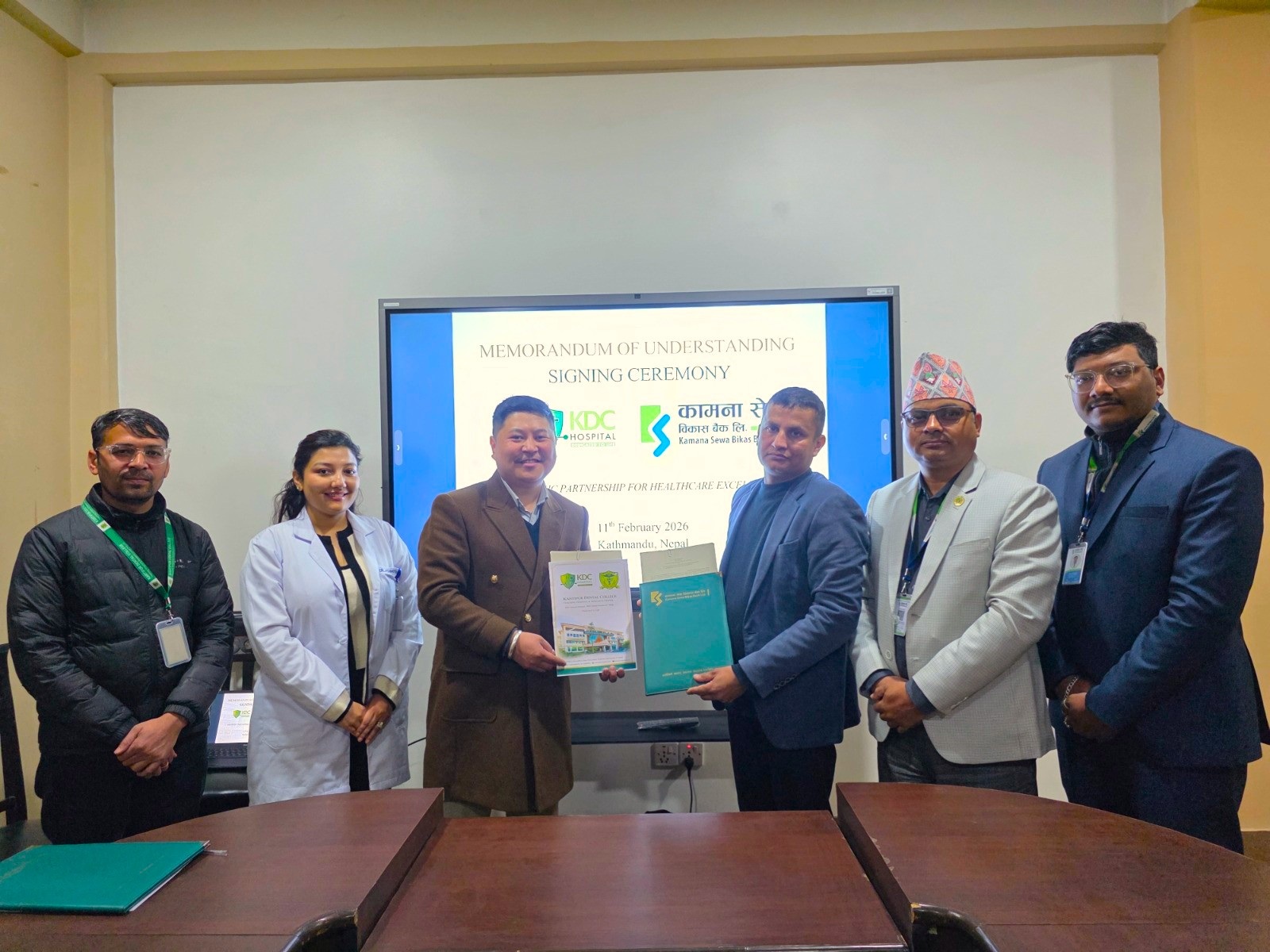Nepal Champions Equitable AI Access at WAIC 2025: A Vision for Equality, Transformation, and Justice
26th July 2025, Kathmandu
In a powerful address at the Shanghai World Artificial Intelligence (AI) Conference 2025 on July 25, Nepal’s Minister for Communication and Information Technology, Prithvi Subba Gurung, underscored a crucial message: AI is not a luxury for Nepalese; rather, it is an indispensable tool for achieving equality, fostering transformation, and delivering justice across the nation.
Nepal Champions Equitable AI Access
Minister Gurung’s speech resonated with a strong call for global cooperation and inclusivity in AI advancements. “Inclusivity in AI advancements is essential,” he stated, urging for international support to provide developing countries like Nepal with vital computing power, open models, and datasets. This emphasis highlights the need for a collaborative approach to bridge the global digital divide and ensure that the benefits of AI are accessible to all.
During the global high-level dialogue on AI governance at the conference, Minister Gurung firmly endorsed the United Nations-led charter, which advocates for key principles such as transparency, inclusivity, accountability, and the non-militarization of AI. This alignment with global ethical frameworks demonstrates Nepal’s commitment to responsible AI development.
Emphasizing the transformative potential of AI for future generations, Minister Gurung passionately called for the establishment of a “Global AI Education Fund.” This fund, he believes, would be instrumental in promoting AI literacy and fostering ethical innovation worldwide, preparing youth for the opportunities and challenges of the AI era.
Nepal’s commitment to a human-centric and inclusive AI ecosystem was further elaborated as Minister Gurung outlined the nation’s vision. He announced that Nepal’s upcoming National AI Policy, currently in its final approval stage, aims to align the country’s AI development with its national priorities.
Key pillars of Nepal’s ambitious AI roadmap, as highlighted by Minister Gurung, include:
Establishment of a National AI Center: This center will serve as a hub for strategy development and international collaboration.
AI Centers of Excellence: Leading universities across Nepal will host these centers to drive research and innovation.
Innovation Hubs in all provinces: These hubs will foster local AI initiatives and entrepreneurship.
Promotion of AI across vital sectors: AI will be integrated into governance, public services, disaster response, agriculture, education, and healthcare to enhance efficiency and effectiveness.
Mandatory AI and digital literacy: From schools to universities, AI and digital literacy will become essential components of the curriculum, equipping the youth with crucial skills for the future.
“AI is not a luxury for Nepal,” Minister Gurung reiterated, emphasizing its role as a catalyst for societal advancement. He cited examples such as facilitating telemedicine in remote areas and delivering real-time services through the Citizen App, showcasing how AI can overcome traditional development barriers. He stressed Nepal’s proactive efforts in building partnerships, strengthening data infrastructure, and cultivating AI skills to ensure technology benefits every citizen.
Addressing an audience of over a thousand international experts and policymakers, Minister Gurung concluded with a powerful statement on the ethical imperative of AI. “Technology without humanity leads to chaos, and innovation without ethics is dangerous,” he cautioned.
Reaffirming Nepal’s dedication to open collaboration, responsible AI development, and ethical governance, he extended an invitation to all nations, regardless of size, to join in creating a fair, secure, and transformative AI future. “Our shared challenge is to ensure AI uplifts all of humanity, not just a privileged few,” he concluded, encapsulating Nepal’s vision for a truly equitable and beneficial AI future.
For more: Nepal Champions Equitable AI Access







